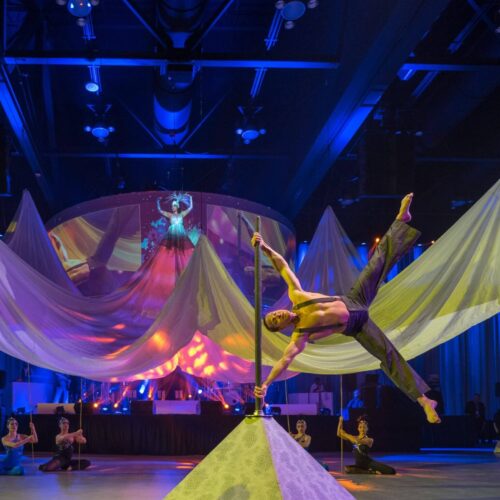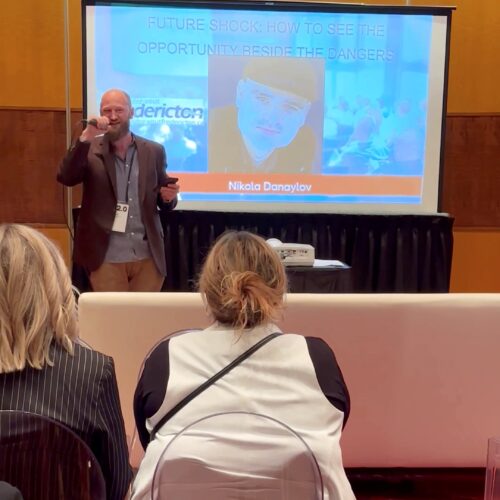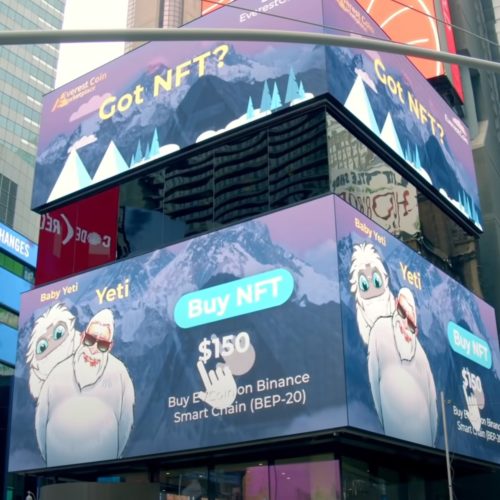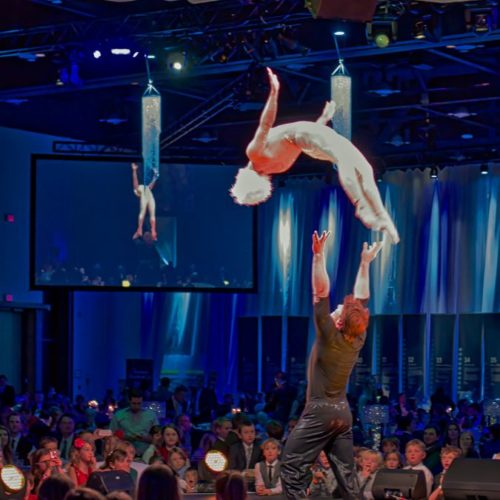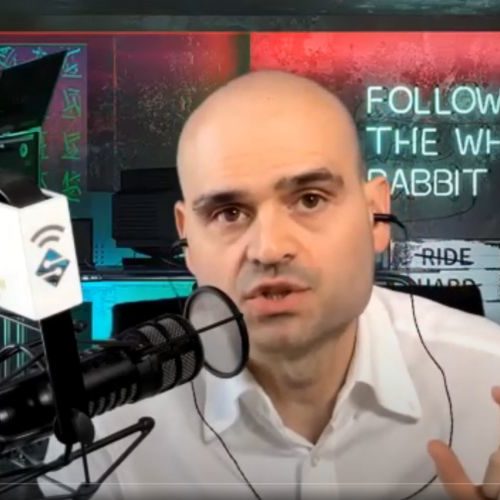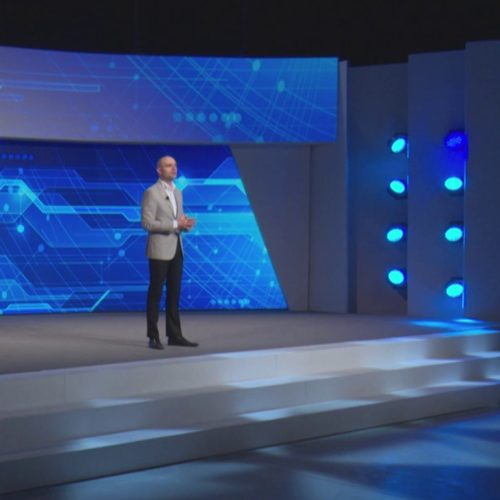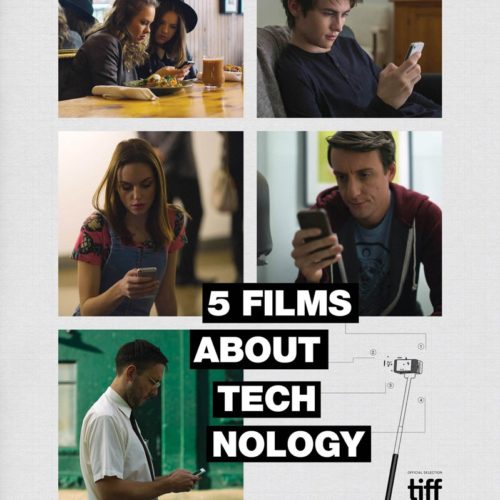Unexpected Futurist: Benjamin Franklin envisions 2776 and Cryonics

The futurist as a profession is a fairly recent development, dating back, at the earliest, to the 1940s. “The future” as a common theme in pop culture and literature, goes back only a bit further, the genre being launched by famous visionaries such as Jules Verne and H.G. Wells, and exploding in the 1900s through mass market publications such as Popular Science, science-fiction films, and other works that explored the impact of rapidly evolving technology.
So it can be easy to forget that well before the “the future” was a commercially exploitable pop phenomenon, the implications of scientific and technological advancements were weighing on the minds of both leading thinkers and the common man. As far back as the beginnings of the industrial revolution, and even the cementing of the scientific method, many individuals started to get an inkling of the repercussions of this new technological approach to the world. As Yuval Noah Harari put it in his book, Sapiens:
“Until the Scientific Revolution, most human cultures did not believe in progress. They thought […] that the world was stagnant, if not deteriorating. It was considered impossible for human know-how to overcome the world’s fundamental problems.
When modern culture admitted that there were many important things that it still did not know, and when that admission of ignorance was married to the idea that scientific discoveries could give us new powers, people began suspecting that real progress might be possible after all.”
In our new series, Unexpected Futurist, we intend to explore the lesser known – and surprising – futurist side of individuals who are better remembered for their other contributions to society. In some cases they may have worked in fields that gave them privileged views into the future; in other cases, their futurist musings came from simply observing the change in the world around them. Our first few profiles come from the era before “a futurist” was a pop phenomenon before it became so abundantly clear just how much technology would revolutionize the life of one’s descendants – but after people started to believe that changing the world was possible.
Our first profile is Benjamin Franklin. Among his many other professions, Franklin was a scientist – but it is still surprising just how far into the future he was hoping to see.
About the Author:
 Johnny Boston is a filmmaker and creative director who grew up in Europe and is now living on the East Coast. Johnny is currently working on a film inspired by his friend, futurist FM-2030. To see more of Boston’s videos please check out the Galactic Public Archives’ channel on YouTube.
Johnny Boston is a filmmaker and creative director who grew up in Europe and is now living on the East Coast. Johnny is currently working on a film inspired by his friend, futurist FM-2030. To see more of Boston’s videos please check out the Galactic Public Archives’ channel on YouTube.


